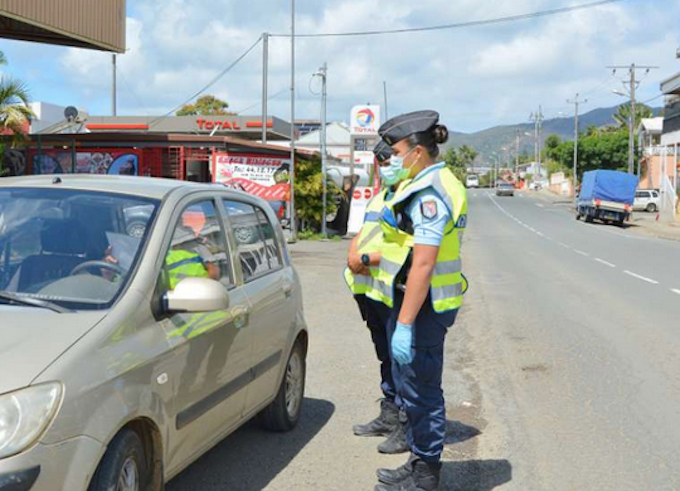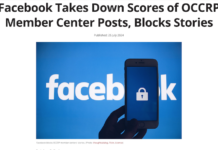
Asia Pacific Report newsdesk
France has declared a health emergency in New Caledonia after covid-19 was detected in the community, RNZ Pacific reports.
The state of emergency was decreed by the French Prime Minister Jean Castex, effective immediately.
The decree, which is valid for a month, allows the authorities to impose restrictions, such as curfews or a lockdown — which the New Caledonian government had already imposed on Tuesday.
- READ MORE: Three delta cases of covid detected in New Caledonia – schools closed
- New Caledonia begins two-week lockdown in new covid-19 outbreak
- Other New Caledonian covid crisis reports
Southern province schools were also closed from Monday afternoon.
Today, a law is expected to pass in the French Senate to extend the health emergency in several French overseas territories, including New Caledonia and French Polynesia, to the middle of November.
A government statement said the pandemic had turned into a “health catastrophe” in New Caledonia because hospital capacity was limited, and people had made little use of the access to vaccines.
Les Nouvelles Calédoniennes reported today that there were 66 positive cases in the community after health authorities announced three on Monday night.
The government reported 16 covid-19 cases yesterday, but provincial and local authorities had warned the number was fast rising.
Medical experts in New Caledonia warned last month that the number of vaccinated people needed to be doubled within weeks, prompting the territorial government last Friday to make vaccinations compulsory for adults.

They also said the territory only had about one third of the number of nurses needed to be able to use the intensive care units available.
The virus is now said to be in wide circulation, and yesterday the public was told that in two to three weeks the hospitals would be full.
Until the latest outbreak on Monday, New Caledonia had recorded fewer than 140 covid-19 cases and there had been no fatality.
Since March 2020, the borders have been closed and people allowed to enter have had to spend two weeks in government-run isolation facilities.
This article is republished under a community partnership agreement with RNZ.









































